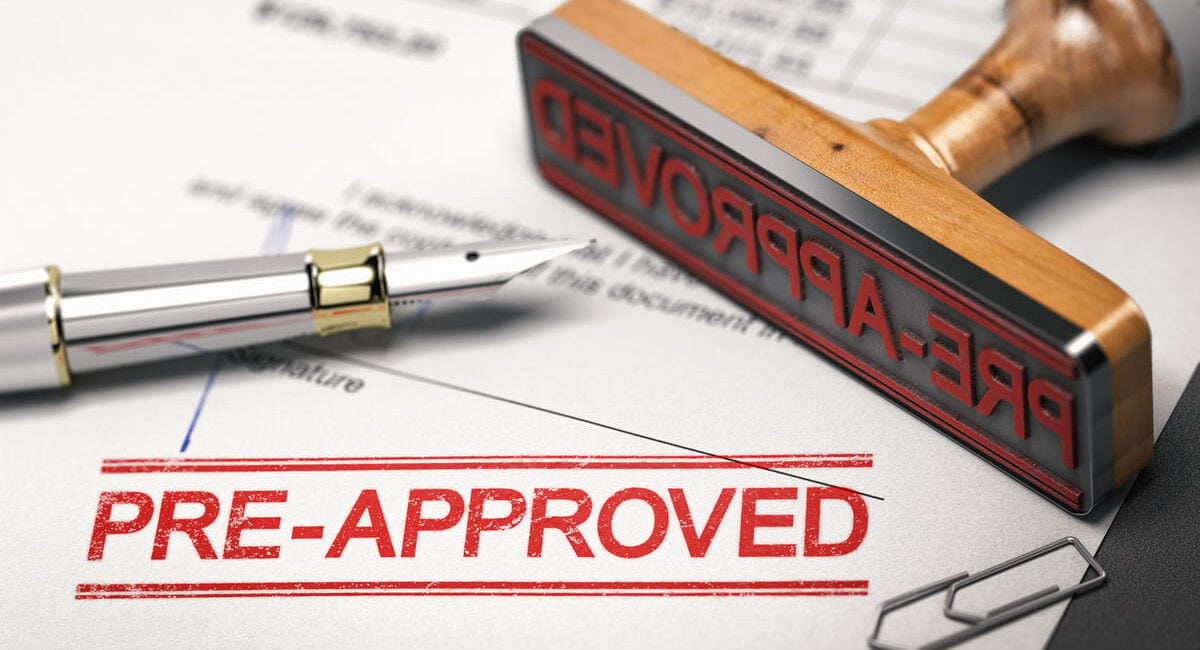Being outbid by another buyer on your dream home is an absolutely devastating experience. Bidding wars are great for sellers, but they can become very stressful and risky for buyers.
If you’re navigating a hot real estate market, you should know how to stay competitive while avoiding overpaying. Here are seven strategies that can help you win a bidding war without simply offering more money:

1. Have a Pre-Approval
Getting a pre-approval is essential if you want to buy a home in a hot real estate market. Most sellers don’t want to wait for their buyer to contact mortgage lenders, and they don’t want to take the risk of a buyer’s financing falling through.
Having a pre-approval shows sellers that you’re committed and prepared. It also tells you how much you can bid on a home, so you’ll avoid wasting time making offers on properties that are out of your price range.
To make a competitive offer, make sure you have a pre-approval and not just a pre-qualification. The pre-qualification process is not as rigorous or thorough as the pre-approval process, so it won’t take you as far in a hot market.
2. Act Quickly
Acting fast is one of the best ways to stand out in a competitive real estate market. When sellers are flooded with offers after just one open house, they don’t need to wait days or weeks for offers to come in. Some even set an offer deadline of 24 hours or less after the open house.
You and your agent should be prepared to act immediately when you see a property that interests you. Be ready to attend showings and open houses on short notice, and try to send your offer in as quickly as possible. Keep your phone on you so that you can respond to your agent’s messages immediately as they’re creating your offer letter.

3. Start With a Competitive Offer
Knowing what to offer in your initial bid on a home can be difficult. You don’t want to overpay for a house, and you want to have room to grow if you end up in a bidding war. However, you also want your offer to stand out from the competition so that the sellers give it a chance.
Bidding above the asking price may be necessary in a hot real estate market. This might mean that you need to narrow your home search down to properties that are listed for 5% to 10% under your budget. Then, you can offer over asking without overextending yourself.
To ensure you make the best possible offer, work with an experienced real estate agent who knows the local market. Your agent should know what similar properties in your area are selling for and should offer guidance for creating a competitive yet reasonable offer.

4. Offer More Earnest Money
Offering more earnest money can set you apart from other bidders. By putting down more earnest money, you show the sellers that you’re serious about your offer and you’re confident that the deal will go through.
If you back out of the sale, the sellers get to keep the earnest money. Even if you don’t have the highest offer of all the bidders, this can sweeten the deal.
Your earnest money is applied to your down payment during closing. As long as you don’t back out of the sale, you’re not losing any money by putting down more earnest money. If you have enough funds up-front and are certain you’ve found the right home, consider an earnest money deposit of 5% of the purchase price or higher.

5. Waive Contingencies
Some sellers will simply accept the highest offer they receive for their house. However, many others will consider the whole picture and choose the offer that provides the smoothest and fastest closing process. If you can’t outbid another buyer in price, you could waive contingencies to stay competitive.
An appraisal contingency allows you to walk away from the deal and get your earnest money back if the home appraises for less than your loan amount. If you waive this contingency and the sale falls through due to the appraisal, the sellers will keep your earnest money.
You could also consider waiving the home inspection contingency, which gives you the right to re-negotiate the contract or exit the deal based on the findings of an inspection. By waiving the inspection contingency, you agree to purchase the house in its current condition.
Waiving contingencies can be risky, so it’s not a decision to make lightly. Discuss the pros and cons of this strategy with your real estate agent, and only proceed if you can manage the financial risk of losing your earnest money or paying for unexpected home repairs.
6. Include an Escalation Clause
An escalation clause allows you to increase your offer by a set amount above a higher offer made by another bidder. This can help you outbid other buyers without offering more than what’s absolutely necessary.
For instance, you might bid $400,000 with an escalation clause stating you’ll bid $5,000 above any higher offers the seller receives. If another buyer offers $415,000, your offer will increase to $420,000. However, if no higher offers come in, your bid will remain at $400,000. Escalation clauses usually include a cap that the buyer will not exceed.
There are some downsides to using an escalation clause. It reveals your top price to the seller, which takes away some of your negotiating power. The seller might also think that you’re not committed to the deal. Discuss with your agent whether or not an escalation clause is a good strategic move in your situation.

7. Offer Flexible Closing
If you can’t outbid other buyers monetarily, you could make your offer more competitive by giving a flexible closing date. Learning why the homeowners are selling the house and what their desired timeline is can help you craft your offer.
For example, the seller might need a flexible closing date because they haven’t purchased a new home yet. If you’re able to delay closing until the sellers have their new living arrangements, they may be more likely to accept your offer. You could even offer a rent-back agreement, which allows the seller to temporarily lease the home from you after closing.
You may also encounter a situation where the seller needs to close as soon as possible. They might be relocating for a job or closing on their new home in a matter of weeks. If you can offer a fast closing in these circumstances, the seller is more likely to choose your bid.
Bidding wars are challenging, and it’s hard to compete with buyers that can pay in all cash or offer tens of thousands of dollars over asking. With these strategies, though, you can create as appealing an offer as possible. Be sure to consider the benefits and drawbacks of each clause in your offer, and collaborate with your agent to create a proposal that works for both you and the seller.

